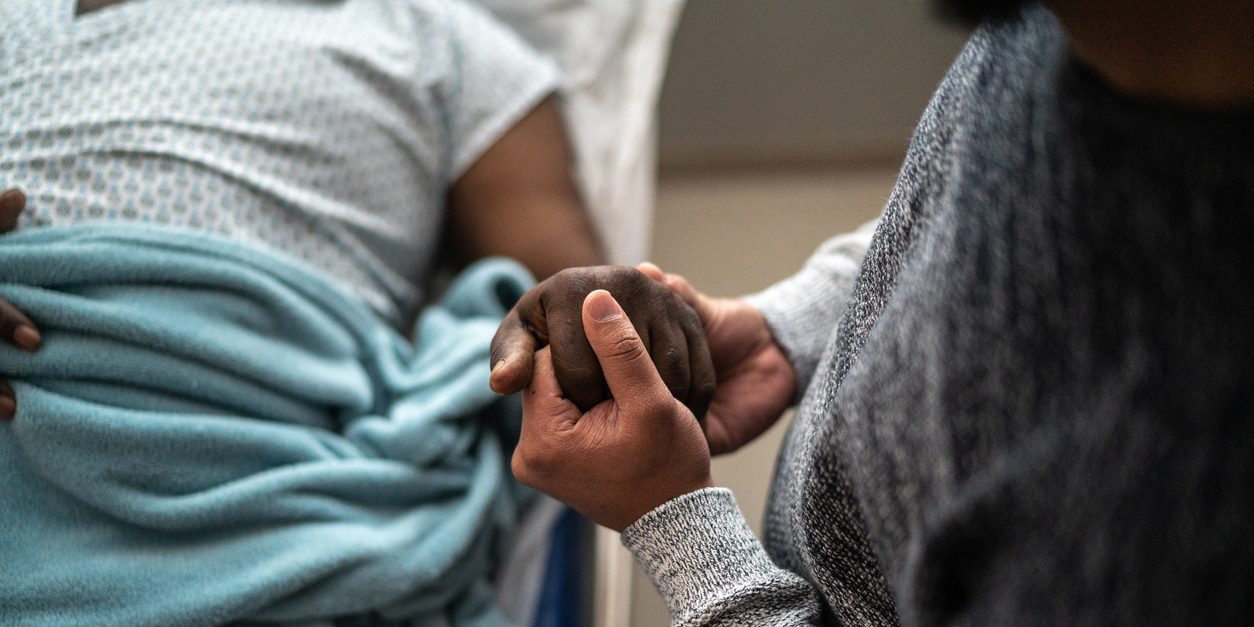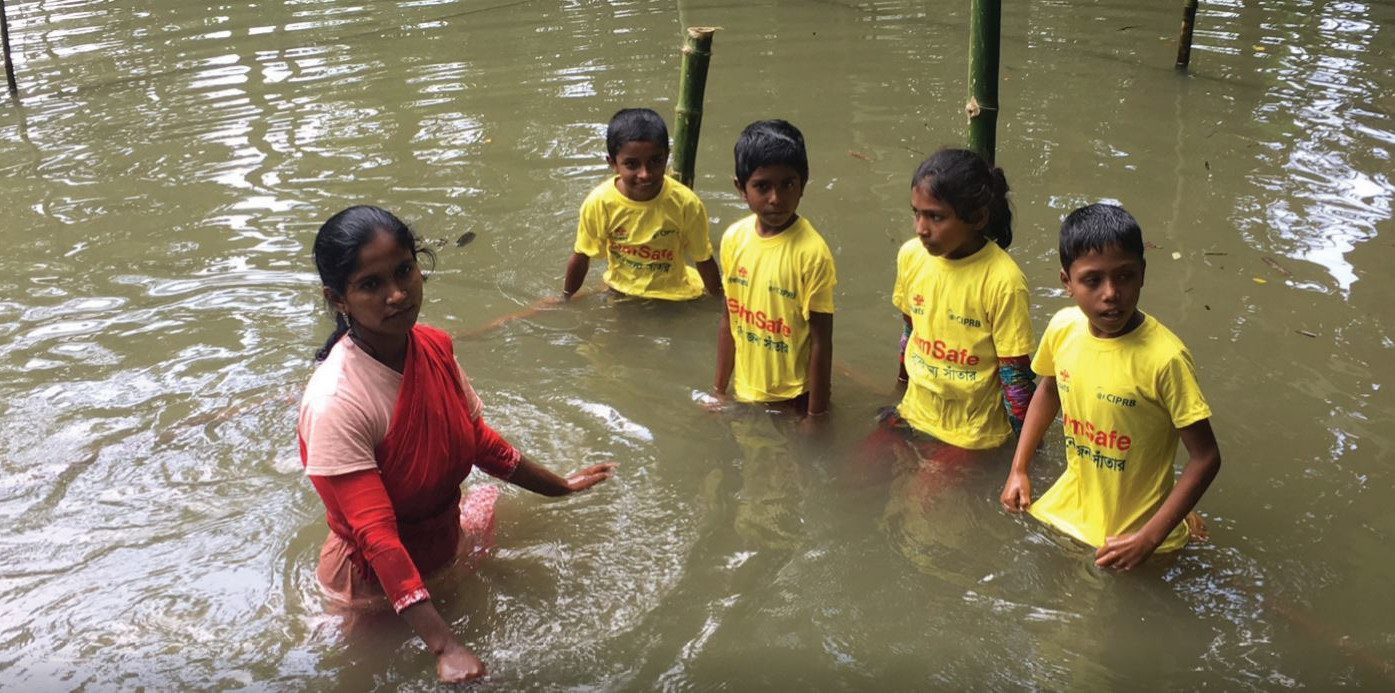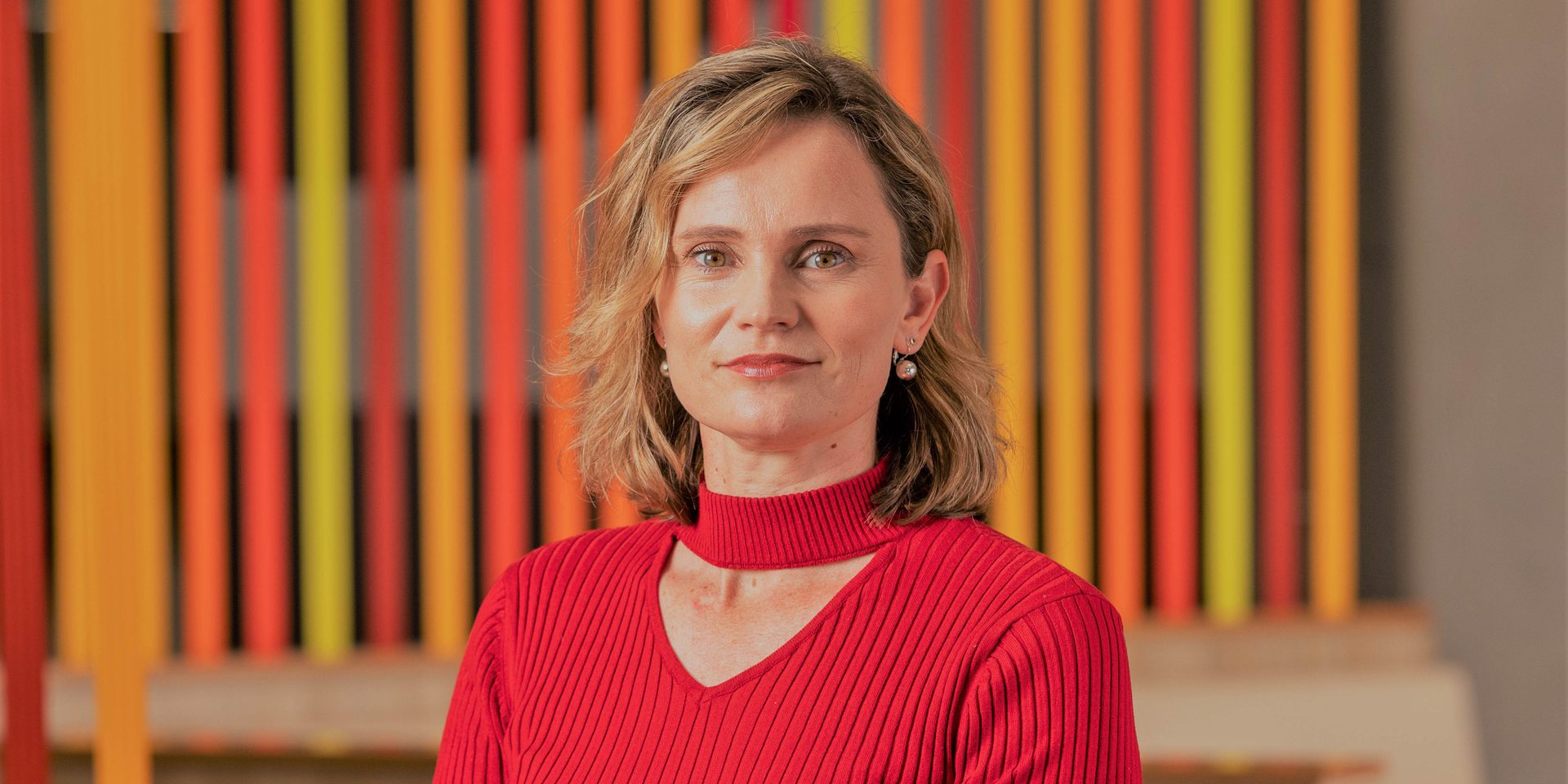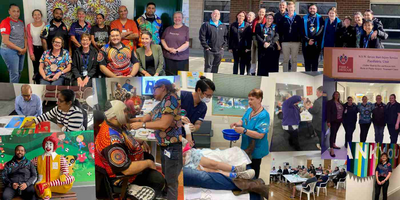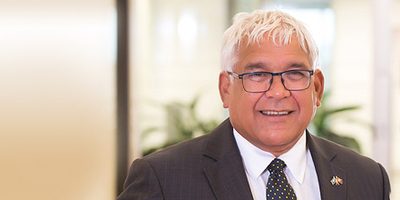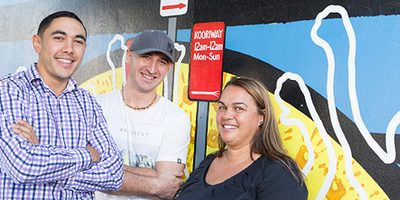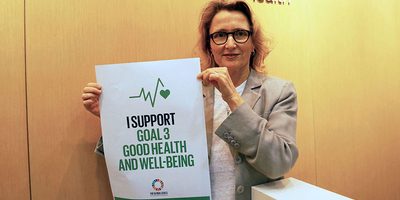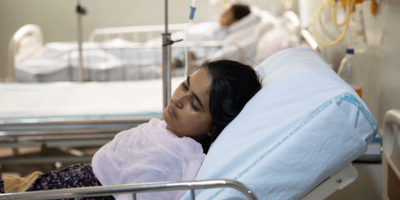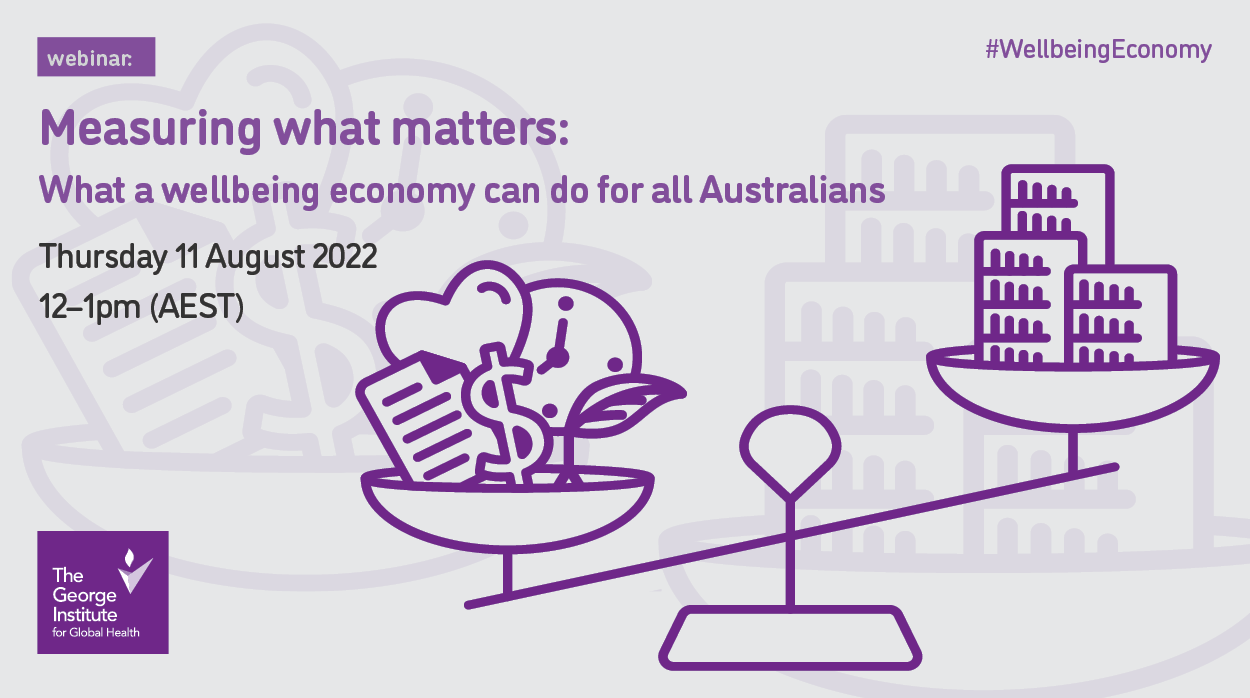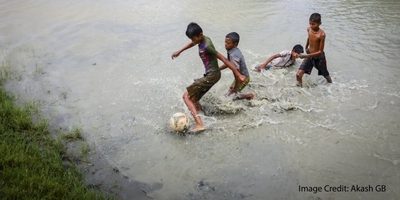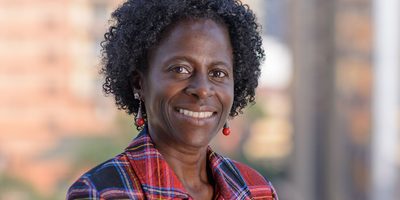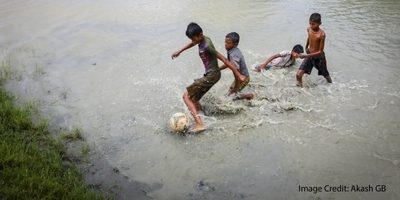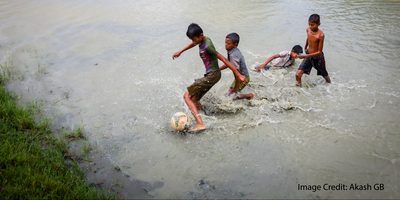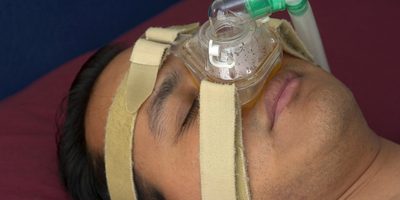An estimated 236,000 lives are lost globally due to drowning every year - almost 650 every day, 26 every hour. According to the World Health Organization’s (WHO) 2021, Regional Status Report on Drowning in South-East Asia, there were 48,774 deaths in India alone, 30% of which occurred in children under the age of 15.
The Sundarbans, West Bengal is one of the largest active delta regions in the world and is home to one of the world’s most underserved populations. It also has the highest reported global drowning mortality rate in the world. A key highlight of The George Institute’s work in India has been galvanising communities at the centre of drowning risk mitigation in the Sundarbans. A 2020 community-based survey conducted by The George Institute in collaboration with the Child in Need Institute (CINI) in the Sundarbans region of West Bengal, India, reported that there are nearly 3 drowning deaths among 1-9 year old children each day.
To mark this World Drowning Prevention Day on July 25th, we globally present a deep dive episode under our The Scan Podcast Series, Dr Jagnoor Jagnoor discusses the table of influence in drowning prevention with global experts. Drowning is an issue that affects every nation in the world, and its scale and impact have been recognised at the global level with the adoption of a UN’s historic resolution to address it in 2021. In this conversation, the speakers draw on their experiences of drowning prevention in India, Africa, and the UK to consider how best to strengthen regional actions such that it is inclusive, responsive to lived experience, and context specific. We can all act together to end drowning.
Emphasising towards “owning” the problem that persist; our experts reflect on the need to reach the root causes of the problem that can help identify core solutions around drowning prevention. Drowning is multi-sectorial; the better way to eradicate the issue is by reaching the ground levels and the factors associated with it. It starts with prioritising equity and inclusion to safeguard communities globally against the silent epidemic of drowning.
"Swimming isn’t just a sport, it’s a vital life-saving skill and drowning prevention tool that can save lives. One that a large percentage of people in Black and Asian communities are missing. Anyone can drown but no one should have to. All communities should receive equitable access to vital water safety education. Not all communities are starting from the same point. When talking about inclusion, we must think about equitable access." - Danielle Obe, Chair of The Black Swimming Association (BSA)
“Research conducted in the field gives us a lot of insight into what is actually happening there. Because sitting at the central or state level, you cannot really know what is happening at the ground level. So researchers feed into the system important, valuable messages” - Dr Tanu Jain, Deputy Director General, Directorate General of Health Services, Ministry of Health and Family Welfare, Ministry of Health and Family, Government of India
What is a UN’s historic Resolution on Global Drowning Prevention?
On 28th April 2021, the United Nations adopted a historic Resolution on Global Drowning Prevention, calling on countries around the world to recognise and take action to prevent hundreds of thousands of drowning deaths each year. The Resolution was proposed by the Governments of Bangladesh and Ireland, and co-sponsored by 79 countries, including Australia and India.
The Resolution encourages countries to develop national drowning prevention plans and programming, in line with interventions recommended by the World Health Organization (WHO), and to ensure enactment and enforcement of water safety laws. Other actions include the promotion of public awareness and behaviour change campaigns; research and development innovative drowning prevention tools and technology; and capacity-building through international cooperation.
“We need to run where others are walking. We have to be able to very quickly get the resources that we need to generate the evidence around the issue but also start intervening in those areas where we have enough information to begin to intervene.” - Dr Olive Kobusingye, Director of the Trauma, Injuries and Disability programme, Makerere University School of Public Health, Kampala; Distinguished Fellow, The George Institute for Global Health
“In the global health research, we often talk about equity from a low-middle-income country perspective, but we hardly ever look above the gradient of inequity within our communities in a high-income country context.” - Dr Jagnoor Jagnoor, Co -Director WHO Collaborating Centre on Injury Prevention and Trauma Care and Head, Injury, The George Institute, India
